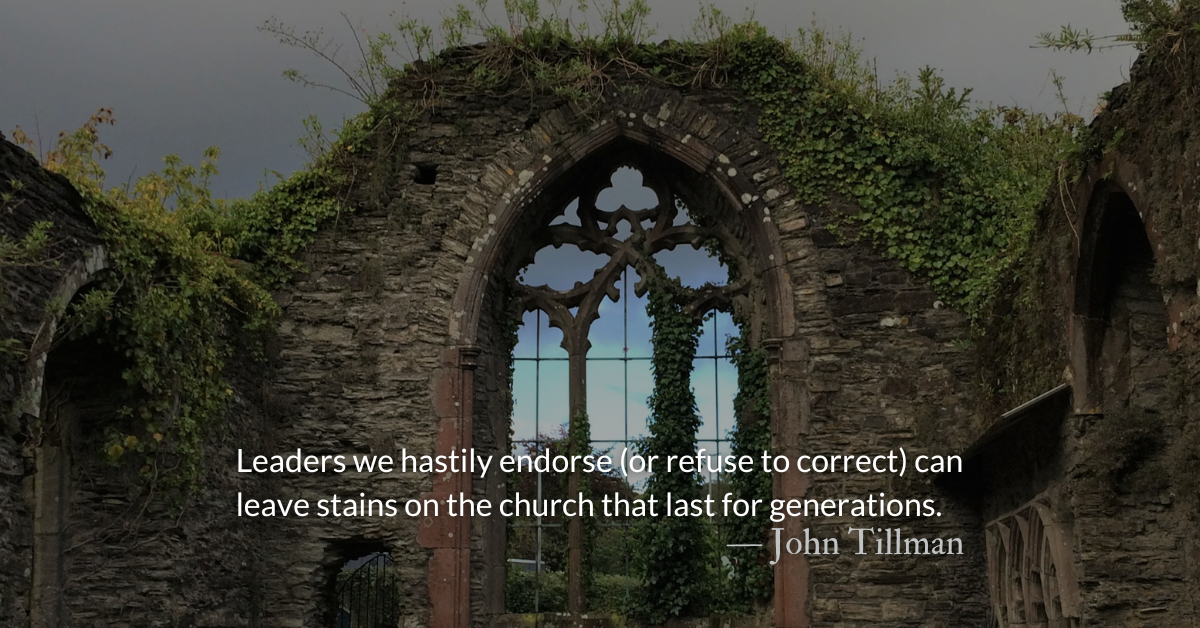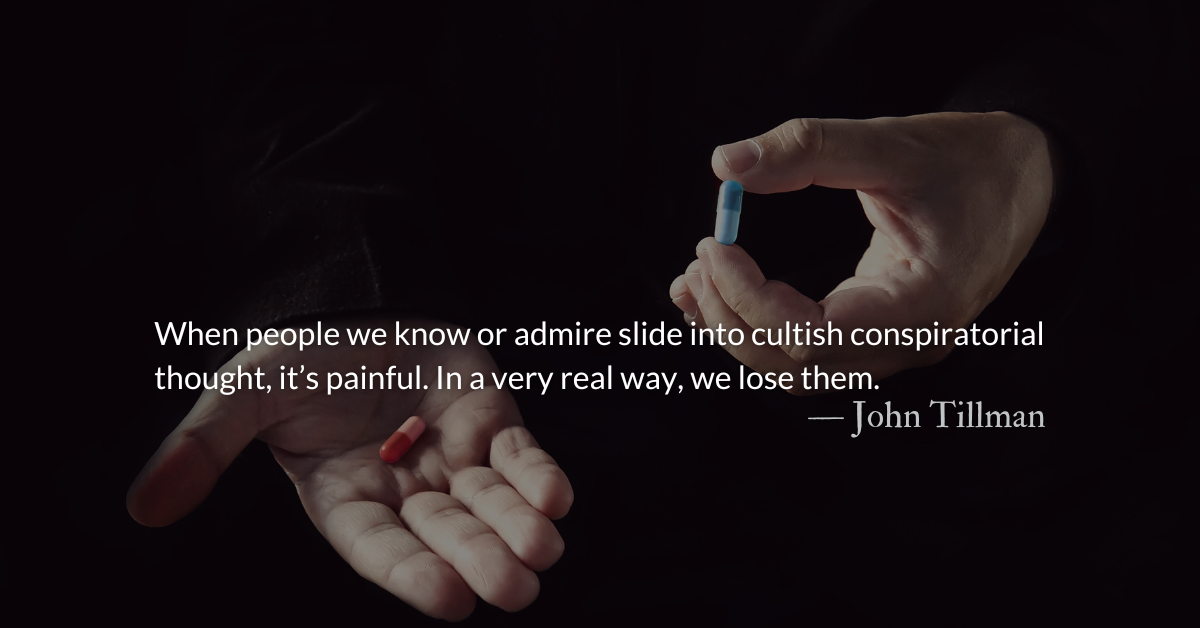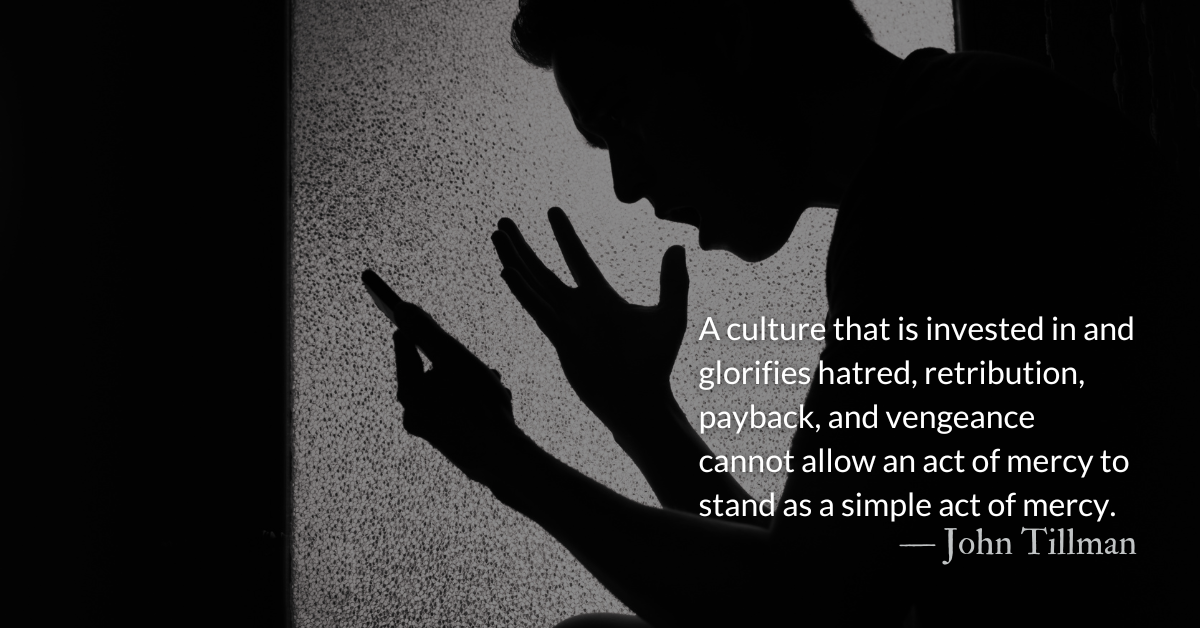Links for today’s readings:
Read: Judges 4 Listen: (3:57) Read: 1 Timothy 5 Listen: (3:22)
Scripture Focus: 1 Timothy 5.24-25
24 The sins of some are obvious, reaching the place of judgment ahead of them; the sins of others trail behind them. 25 In the same way, good deeds are obvious, and even those that are not obvious cannot remain hidden forever.
Reflection: Nuance, Judgment, and Hope
By John Tillman
Some sins are obvious. Some aren’t. Some show up early. Some arrive late.
Paul used an analogy of sins arriving either before a person or after them. Obvious sins are the ones we see as the person approaches. Hidden sins we don’t notice until after they arrive.
Paul warned Timothy about being too quick to select leaders and elders. He implied that “laying hands” on them hastily might mean sharing “in the sins of others.” (v. 22) Paul implied that Timothy’s personal purity, and that of the church, could be stained by the sins of someone the church or Timothy endorsed.
If one has been a Christian long enough, one has seen leaders who seemed holy at first, turn hellish when hidden sins were exposed. The long history of fallen moral leaders might make us hesitate to “lay hands” on anyone, but Paul’s analogy called for discernment and patience, not doubt and paralysis. When we rush to judgment, we rush toward error, but patience and wisdom can discover those ready for leadership. Sin will come out.
As a young pastor, Timothy navigated many complex problems. Both of Paul’s letters to Timothy are devoted to the wisdom he needed. The topics Paul discussed required nuance, judgment, tact, and balance. They involved not just selecting leaders but granting them appropriate respect, (v. 1) correcting them with gentleness and purity, (v. 1-2) and holding them accountable publicly. (v. 20) Paul also described efficiently using limited resources to do the most good for those who most needed it. (v. 16)
This wisdom is not just for pastors. All believers need godly wisdom to live with nuance, judgment, and hope. We must be careful “laying hands” of approval on any leader, whether spiritual or political. Leaders we hastily endorse (or refuse to correct) can leave stains on the church that last for generations.
But there is a more encouraging part of Paul’s analogy. Good, not just evil, can surprise us. There is good that is obvious and that is not obvious. There is good blooming instantly and good that blooms long after seeds are planted.
Perhaps you aren’t seeing blossoms of good right now. But there are seeds planted long ago awaiting God’s timing. Good that is now hidden one day will bloom.
Hate what is evil whether it surprises you or not. And cling to, plant, and pray for good that will surprise us all.
Divine Hours Prayer: The Request for Presence
Let them know that this is your hand, that you, O Lord, have done it. — Psalm 109.26
– Divine Hours prayers from The Divine Hours: Prayers for Summer
by Phyllis Tickle
Read more: What If I Don’t Have an Ox?
Paul made an amazing claim…when Moses wrote this down, God was concerned about wisdom for his people, not grain for oxen.
Consider Supporting Our Work
Our work needs more donors—ones just like you. Support ad-free content that brings biblical devotionals to inboxes across the world.






